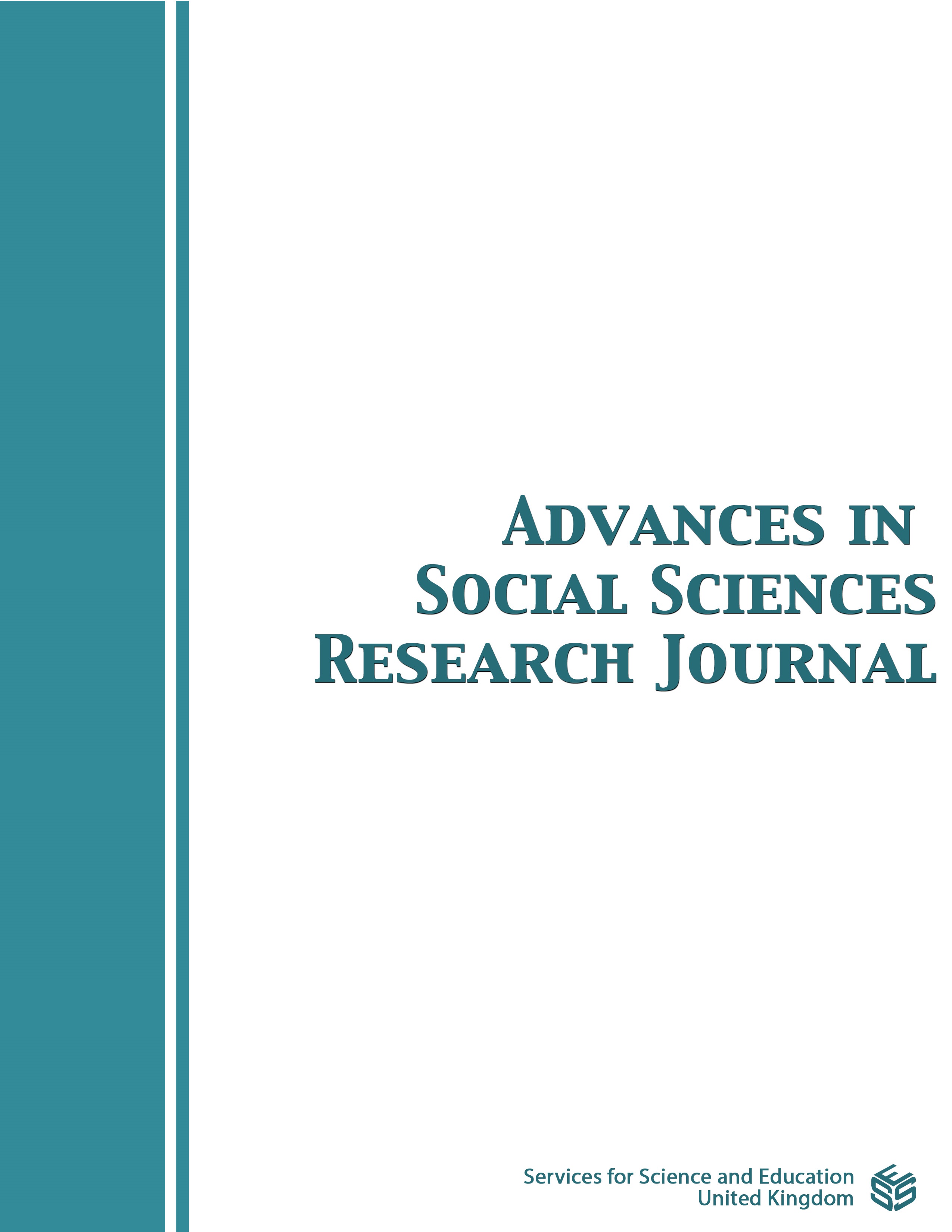Practitioners’ Perspectives on B40 Takaful Protection
DOI:
https://doi.org/10.14738/assrj.112.2.16414Keywords:
Takaful, B40 group, Insurance, SWOT analysis, MalaysiaAbstract
Takaful is a form of insurance that adheres to shariah principles and has been established in Malaysia since 1984. With takaful, Muslims are protected from any ambiguous activities or transactions that are not aligned with shariah. However, participation in takaful reveals that only affluent individuals have the means to protect themselves against risks, whereas the impoverished, particularly the B40, cannot do so. The B40 refers to a specific socio-economic group in a given population in the lower-income category with an annual income below RM 4,850. No other takaful and insurance business has demonstrated a willingness to provide a system specifically designed to safeguard the B40, as observed. They have been excluded from any form of protection. Consequently, the question arose: do they possess a favorable outlook for Takaful? Hence, the SWOT analysis was employed to assess the competitiveness of the B40 market. Eleven takaful operator agency participants were randomly selected for semi-structured interviews. All the answers will be tabulated from these interviews according to the SWOT categories. This study aims to analyze the B40 market for takaful goods, identify the obstacles takaful operators face, and propose ways to increase the takaful penetration rate, focusing on the family takaful product.
Downloads
Published
How to Cite
Issue
Section
License
Copyright (c) 2024 Azhan Rashid Senawi, Mohd Faizal Kamarudin, Azitadoly Mohd Ariffin, Mohammad Zulfakhairi Mokhtar, Diyah Putriani

This work is licensed under a Creative Commons Attribution 4.0 International License.
Authors wishing to include figures, tables, or text passages that have already been published elsewhere are required to obtain permission from the copyright owner(s) for both the print and online format and to include evidence that such permission has been granted when submitting their papers. Any material received without such evidence will be assumed to originate from the authors.






